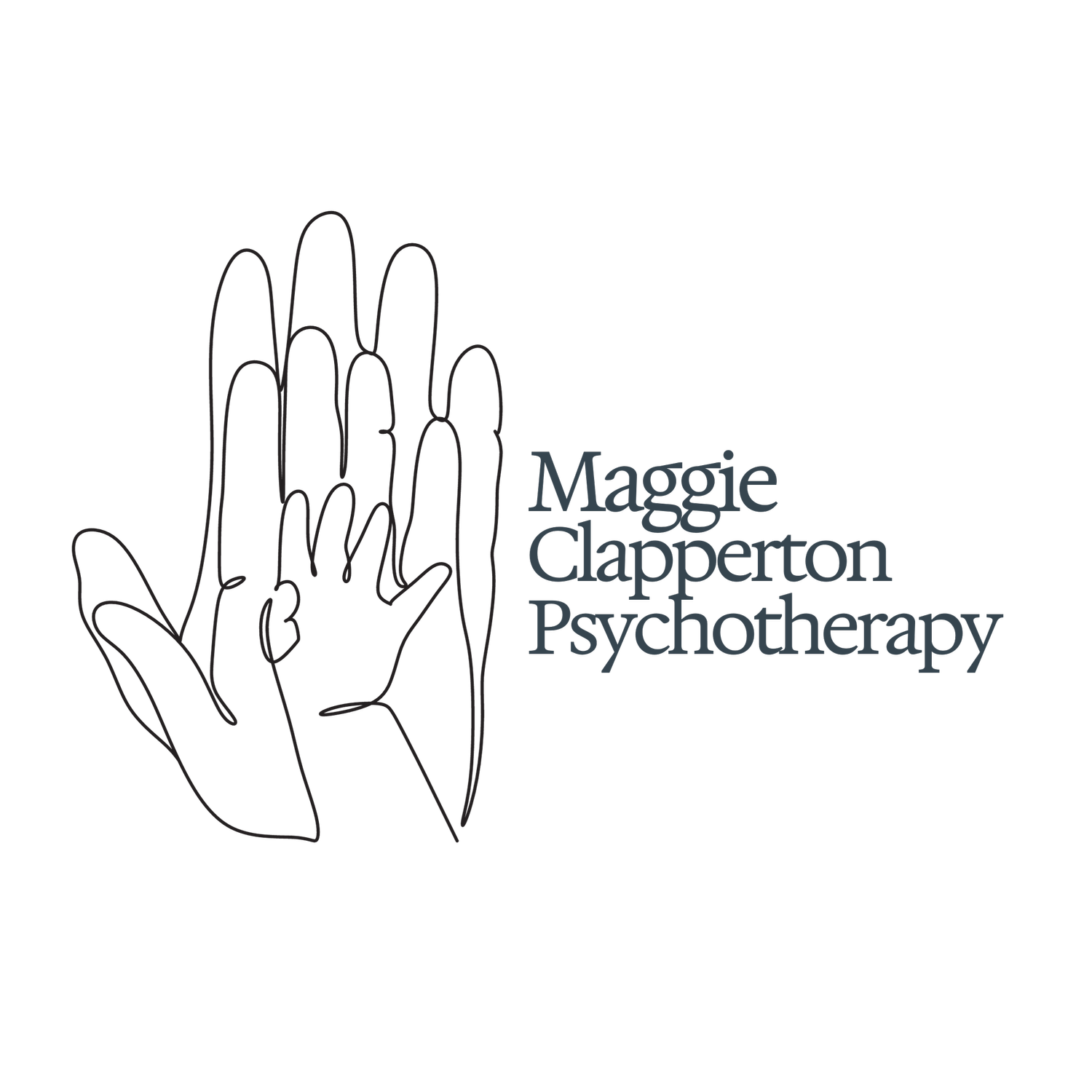How to Find the Best Therapy Near Me
If you’re here, you are likely wondering, “how do I find the best therapy near me?” It can be difficult to know how to choose the therapist that is right for you. Unless you’re in the industry, you likely don’t know what type of therapist you want or need.
I’ve got you covered:
Understand what you want to get out of therapy
The type of therapist you choose will depend on what brings you into therapy and what you want to get out of it.
POPULAR Types of therapy
Cognitive Behavioural Therapy (CBT)
Issues: CBT is often used for anxiety and depression and can be tailored to manage trauma and psychiatric disorders such as agoraphobia, panic disorder, and obsessive compulsive disorder.
The gist: CBT helps you understand and connect your thoughts, feelings, and behaviours to alleviate symptoms. It tends to stay in the here and now, and is focused on insight, skills, and rationality. It is time limited and structured, meaning the therapist will have an agenda for each session.
CBT is best for you if:
You want to stay in the here and now; you are not looking to dive into your past
You are interested in short term, highly structured therapy
You thrive in a structured environment and are committed to completing tasks outside of therapy
You are interested in building up a toolbox of skills to help manage your mental health
Somatic Therapy (ex/ Eye Movement Desensitization and Reprocessing (EMDR), Somatic Experiencing, Sensorimotor Psychotherapy, Polyvagal Theory)
Issues: Trauma, emotion regulation, anxiety, depression, stress, and relational issues.
The gist: There are different styles of somatic or “bottom up” therapy. Somatic therapies focus on regulating your nervous system by tuning into your physiological state. By learning to regulate your nervous system (i.e., your body) you will, by nature, improve your mental wellness.
Somatic therapy is best for you if:
You have a history of traumatic experiences
You are open to body based work; you are open to slowing down and noticing sensations in your body
You want to learn more about the mind-body connection and how your nervous system functions
You are open to learning movements to help shift you out of fight/flight or freeze states
Attachment Therapy (ex/ Emotion Focused Therapy, Accelerated Experiential Dynamic Psychotherapy (AEDP), Dyadic Developmental Psychotherapy)
Issues: Anxiety, depression, emotion regulation, boundaries, relationships, identity
The gist: Attachment theory asserts that our early relationships and experiences impact how we show up for ourselves and others. Our “internal working model”, that is, how we view self, others, and the world around us impacts our vulnerability to stress, self-criticism, trust, and boundaries — all of which can result in anxiety and depression.
Attachment therapy is best for you if:
You are interested in finding patterns and making connections between your early experiences and your current mental health
You want to better meet your needs and the needs of those around you
You want to be able to better manage your emotions and behaviours
You are seeking a deep understanding of yourself and how to harness your strengths
3. How to find a Therapist Near You
Once you know what you are looking for, you can start to find the ‘who’. The best places to find a therapist near you are:
4. How to Choose a therapist
Okay, you’re scrolling through the directory and you are overwhelmed.
First, take a deep breath and narrow down your focus by issue and type of therapy (see above).
Now, go with your gut. Choose 3 people who you like the look of: maybe you want a therapist who looks like you, maybe you prefer a male, a female, a non-binary person, someone with lived experience, or someone whose vibe just aligns with yours. Reach out to those 3 people and set up a consult or two. If you feel safe in the consult, you’ve likely found a great therapist for you.


